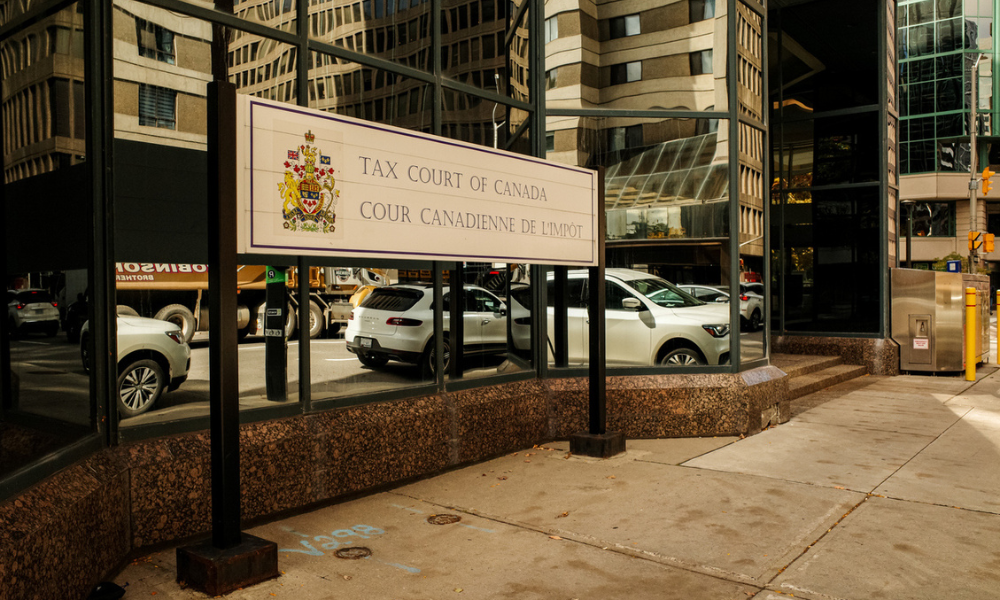The buyers discovered rot in the subfloor and water damage after moving in

In a recent decision, the Nova Scotia Supreme Court has awarded significant damages to the plaintiffs following a dispute over the condition of a property sold to them.
In Sproule v. Nichols, 2024 NSSC 26, the court found the defendants, Shawna Nichols and Brian Nichols, liable for negligent misrepresentation and breach of collateral warranty, ordering them to pay $58,890.80 in damages.
The case centred around a property at 1116 Highway 1, Lakelands, Hants County, Nova Scotia, purchased by the plaintiffs, Andrew Sproule and Kelsey Andrew, from the Nichols. After moving in, the plaintiffs discovered rot in the subfloor and water damage in a bedroom, conditions not disclosed in the Property Disclosure Statement (PDS) provided by the sellers.
The NS Supreme Court reviewed the evidence, including the timeline of the property's condition changes and the actions taken by both parties. The defendants had discovered a leak before selling the property but failed to update the PDS or inform the plaintiffs of this significant issue. The court noted that this oversight led to the plaintiffs purchasing a home under the false impression it required little work.
The court distinguished between patent and latent defects, noting that while buyers are generally responsible for inspecting and discovering patent defects, sellers cannot conceal latent defects or engage in conduct that conceals patent defects. In this case, the concealment of the water leak shifted the responsibility to the sellers, breaching the principle of “caveat emptor.”
The defendants argued that the plaintiffs failed to mitigate their damages by delaying repairs. However, the court sided with the plaintiffs, understanding their financial constraints and the reasonableness of establishing liability before undertaking significant repairs.
The court ultimately awarded damages to cover the costs of necessary repairs to the interior and exterior of the dwelling, expenses already incurred by the plaintiffs for partial repairs, and general damages for the interference with the enjoyment of their property.









